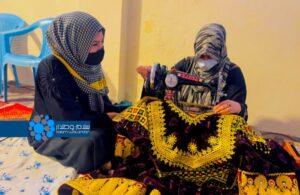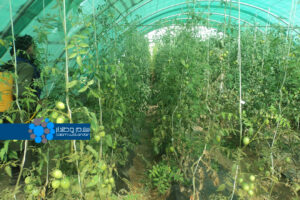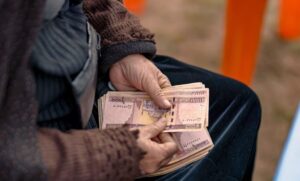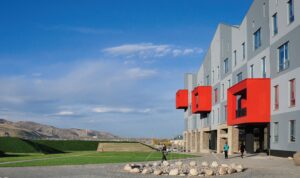KABUL (SW) – While the upcoming Doha meeting on Afghanistan, hosted by the United Nations is going to be held next week, there remains a lack of details from the UN regarding the meeting’s composition and final agenda.
The expected focal points for discussion at the Doha meeting include the formation of an inclusive government, the appointment of a UN special representative for Afghanistan, and the commitment to human rights by the Islamic Emirate.
Officials of the de-facto government stated that the Islamic Emirate has been invitated to the meeting on at least two occasions by Roza Otunbayeva, the head of the United Nations Assistance Mission in Afghanistan (UNAMA), and Feridun Sinirlioglu, the Special Coordinator of the UN for Afghanistan. Despite these invitations, the Islamic Emirate has not yet reached a conclusive decision on their participation.
Zabihullah Mujahid, the spokesperson for the Islamic Emirate, informed Salaam Watandar that the ultimate decision regarding participation in the Doha meeting lies with the Ministry of Foreign Affairs.
Aziz Stanekzai, an expert on political issues, says: “I think that the representatives of the current government will not participate in this conference because there are some occasions and for this reason they may avoid this meeting.”
Simultaneously, the global discussions on the format of the forthcoming Doha meeting are underway, with voting taking place in both regional and international arenas. The United Nations delegation in Brussels has confirmed plans to convene representatives from 10 nations in the upcoming days for deliberations on the future Doha meeting. Additionally, five Central Asian countries are slated to hold discussions this week specifically addressing the Doha meeting.
Some experts express skepticism about the potential efficacy of the Doha meeting. They highlight the inconclusive outcomes of prior United Nations meetings on Afghanistan over the past two years and underline existing divergences among countries concerning Afghanistan, casting doubt on the meeting’s practical impact.
Mohammad Zalmai Afghanyar Popal, the leader of “Solidarity Movement of the United Nation of Afghanistan”, says: “The United Nations held dozens of meetings, but it has not been effective. Who are participated in this meeting? Are the real representatives of the Afghan people present? Or those who ruled for 20 years and are currently in other countries and they accept every case. This meeting is managed by Russia, China, America, France and England, which are members of the United Nations Security Council. Until these countries reach an agreement on Afghanistan, these meetings will not be effective.”
The first session of the Doha meeting on Afghanistan took place discreetly on May 1, 2023, behind closed doors. Central to the discussions was the pivotal issue of global engagement with the Islamic Emirate, standing out as one of the foremost topics deliberated during the meeting.






